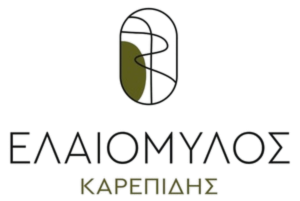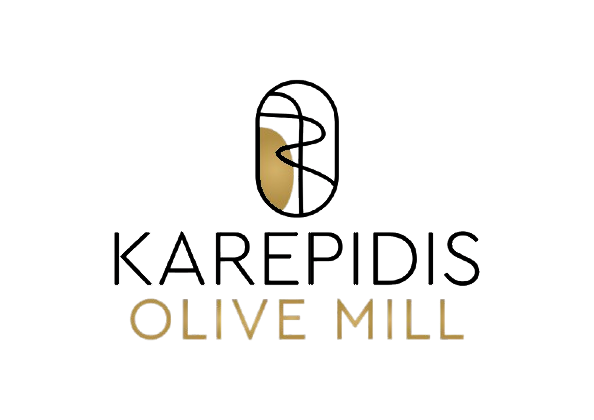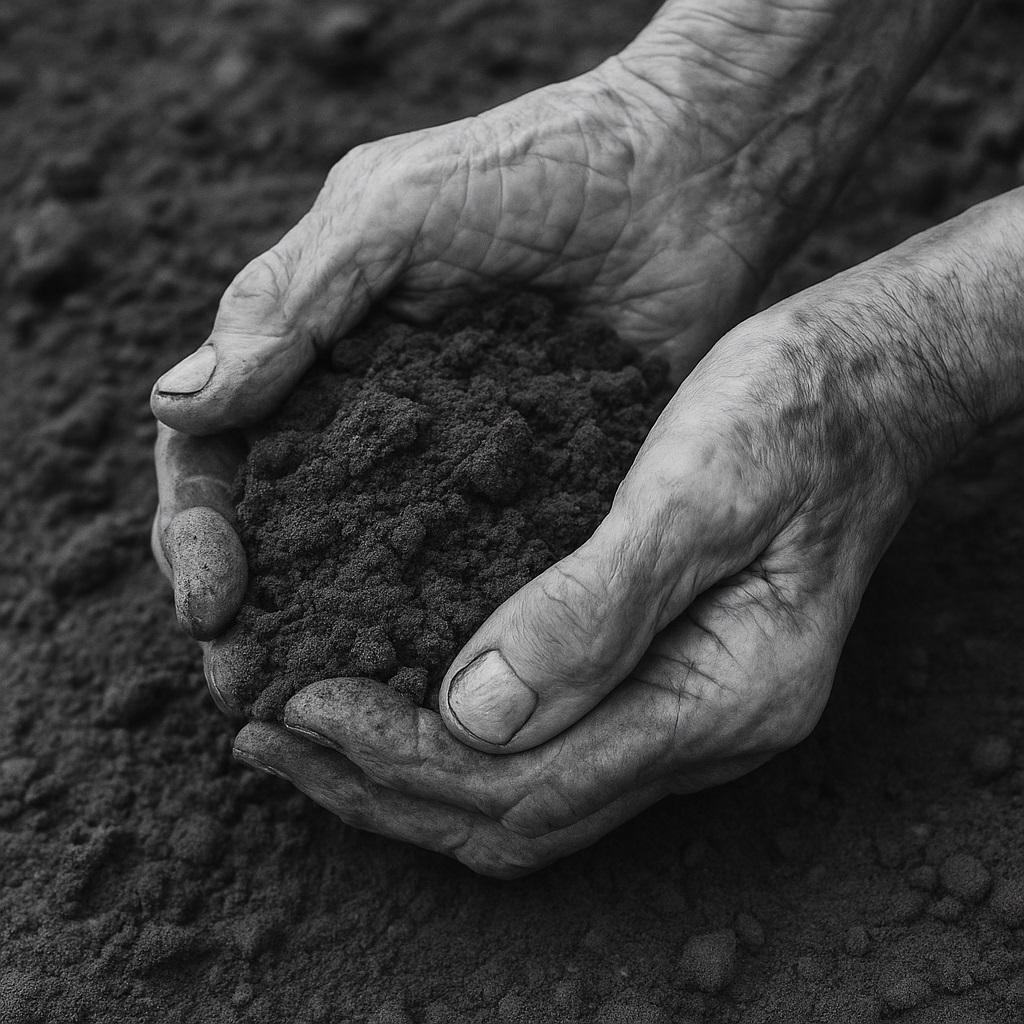Delivery and Inflow of Olives
“The process begins with the collection of the olives from the producers, either directly in their fields using specialized Olive Mill vehicles or in the specially designed area of our olive mill.
The olives are transported in plastic boxes or bags to prevent overheating and are then weighed and their quality checked.”








